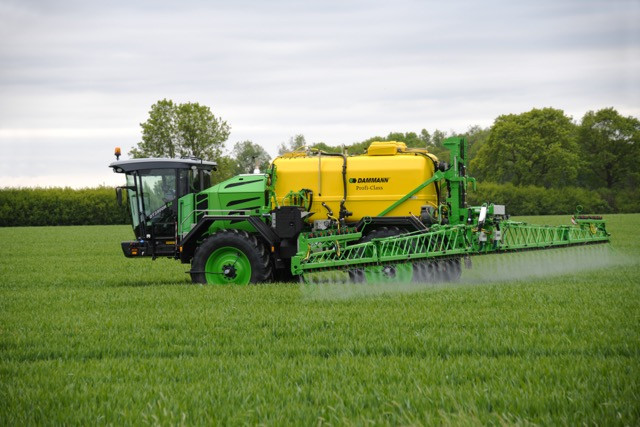Agriculture minister Romain Schneider (LSAP) has confirmed that Luxembourg is introducing a country-wide ban on glyphosate as of 2021. The move makes the grand duchy the first member state to implement a directive that will apply throughout the European Union from 15 December 2022.
The ban is being introduced gradually in Luxembourg. All herbicide and crop desiccants containing glyphosate will be withdrawn from market as of 1 February this year. Remaining stock will have to be disposed of by 30 June, with a grace period for use of all glyphosate substances extending until 31 December.
Some 592 of a total of 1,005 agricultural concerns have already voluntarily stopped using glyphosate and have been receiving state-sponsored compensation of €30 per hectare for arable land, €50 per hectare for wine-growing land and €100 per hectare for orchards. Indeed, the grand duchy’s wine growing sector universally ceased using glyphosate starting in 2019--again a first for an entire sector in the EU.
Luxembourg’s national action plan for the reduction of plant protection products targets a 50% reduction in use by 2030, as well as a 30% reduction in the use of what the agriculture ministry calls “big movers”--the most dangerous or widely used plant protection products, which includes glyphosates--by 2025.
